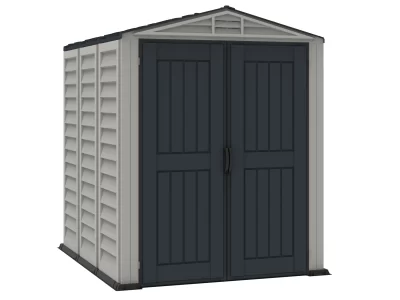As the mercury rises and the days grow longer, it’s time to bid adieu to the chunky knits and cozy layers that kept us warm through the winter. Storing winter clothes properly is essential to ensure they remain in pristine condition for the next cold season. Here’s a comprehensive guide to help you store your winter wardrobe during the summer months.
Understanding the Importance of Proper Storage
Winter clothing is often made from materials that are susceptible to damage if not stored correctly. Wool, down, and synthetic fibers can all suffer from moisture, pests, and improper handling. By storing your winter clothes properly, you can protect your investment, maintain the quality of your garments, and make your future winters as warm and comfortable as the last.
Preparing Clothes for Storage
Clean Everything Thoroughly
Before storing anything, make sure all items are clean. This means washing or dry-cleaning everything. Dirt, oils, and stains can attract pests and become harder to remove over time.
Repair Damages
Inspect each garment for damages such as holes, loose threads, or worn areas. Make necessary repairs before storage to avoid the surprise of finding damaged clothing when winter returns.
Sort and Decide
Go through your winter wardrobe and decide what you want to keep, donate, or discard. There’s no point in storing clothes that you will not wear again.
Choosing the Right Storage Solutions
Climate-Controlled Environment
Choose a cool, dark, and dry place for storage. Basements and attics can be used if they are climate-controlled. Fluctuations in temperature and humidity can damage fabrics over time.
Proper Containers
Invest in quality storage containers. Plastic bins with airtight lids are ideal for keeping out moisture and pests. Avoid cardboard boxes which can attract bugs.
Use Acid-Free Tissue Paper
For delicate items, wrap them in acid-free tissue paper to maintain color and fabric integrity. This is particularly important for heirloom pieces or expensive garments.
Vacuum-Sealed Bags
For bulky items like coats and sweaters, vacuum-sealed bags can save space and protect against moisture and pests. However, be careful with natural fibers that need air circulation; these might be better off in breathable cotton garment bags.
The Art of Packing
Layer Strategically
Place heavier items at the bottom and lighter ones on top. This prevents delicate items from getting crushed.
Avoid Overpacking
Give your clothes some room to breathe. Overpacking can lead to wrinkles and damage.
Use Desiccants
Silica gel packets can help keep moisture out of your storage containers.
Moth Repellents
Consider using natural moth repellents like cedar blocks or lavender sachets to ward off pests. Avoid mothballs, which have a strong odor and contain chemicals that can be hazardous to health.
Regular Check-Ups
Throughout the summer, check on your stored clothes occasionally to ensure there is no moisture buildup or pest infestation. If you live in a particularly humid climate, it might be necessary to refresh desiccants or reassess the storage conditions.
Storing winter clothes during the summer doesn’t have to be a daunting task. With the right preparation, storage solutions, and maintenance, you can keep your garments safe and ready for when the temperature drops again. A little effort in the off-season can go a long way in preserving the life and quality of your winter wardrobe.
This post was written by a professional at Greenbar Storage. https://storageunitcentraloregon.com/ has a wide range of storage units available in Prineville, Oregon. They offer a variety, including ground-level access, security cameras, 24/7 accessibility, and parking spaces. Locally owned and operated, we are the best choice for convenient and clean storage solutions in the Prineville, Oregon region. All of our commercial storage clients accept deliveries from businesses.












Comments